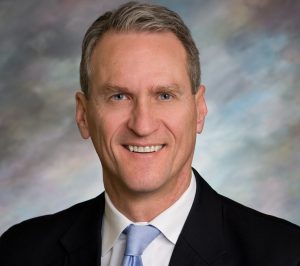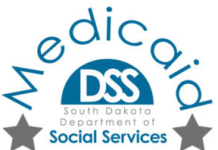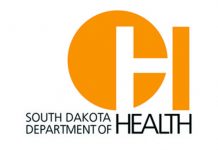
Daugaard said workforce issues continue to challenge health care facilities, particularly in rural areas. He said the state will continue to provide incentives through the Recruitment Assistant Program, which provides qualifying physicians, dentists, physician assistants, nurse practitioners and nurse midwives with a payment in return for three continuous years of practice in an eligible rural community.
The governor also discussed his desire to work with the incoming administration of President-elect Donald Trump and the state’s Congressional delegation on Medicaid reform. Daugaard announced in November that he would not ask the 2017 Legislature to consider his plan to expand Medicaid, but there remains a need to correct longstanding issues with payment when Native Americans are treated at non-Indian Health Service facilities. Daugaard said the federal government needs to live up its obligation to pay for Native American health care no matter where services are provided.
Daugaard also mentioned his plans for an organizational restructuring of long-term services through an executive order that would merge offices under the South Dakota Department of Human Services.
On this year’s budget outlook, the governor said South Dakota is facing some revenue challenges as sales tax continues to run below even revised projections. Part of the drop can be attributed to the growth of online sales, but Daugaard shared one bit of good news on that front. South Dakota reached an agreement with Amazon in which the online retailer will begin collecting state and local sales taxes in South Dakota on Feb. 1.
“It’s a big step in the right direction,” he said.






